If you’re missing teeth, the right type of denture depends on how many teeth you’ve lost — full dentures replace all your teeth, while partial dentures fill in the gaps when you still have some natural teeth.
Both options restore your ability to eat, speak, and smile confidently, but the best choice depends on your specific dental needs, oral health, and lifestyle preferences.
Quick Summary: Denture Basics
- Full dentures – Replace all teeth in an arch; rest on gums
- Partial dentures – Replace a few missing teeth; attach to natural teeth
- Both restore function, appearance, and bite stability
- Choice depends on remaining teeth, gum health, budget, and preferences
What Are Dentures?
Dentures are removable prosthetic appliances designed to replace missing teeth. They not only restore your smile but also help maintain the structure of your face and improve your ability to chew and speak.
There are two main types:
- Full (complete) dentures
- Partial dentures
Each is tailored to the number of teeth you’re missing and the condition of your remaining natural teeth.
What Are Full Dentures?
Full dentures replace all the teeth in either the upper or lower jaw—or both. They rest directly on the gums and are custom-made to fit comfortably and securely.
Full dentures are typically made from acrylic and may include a gum-colored base to blend naturally with your mouth. They are held in place by natural suction, adhesive, or sometimes dental implants for additional support.
You may need full dentures if:
- All or most of your natural teeth are missing
- Your remaining teeth are unhealthy or beyond repair
- You’re looking for a cost-effective way to restore your full smile
Before placing full dentures, any remaining unhealthy teeth may need to be removed, and your gums allowed time to heal.
What Are Partial Dentures?
Partial dentures are used when some natural teeth remain. They consist of a metal or acrylic framework that holds one or more replacement teeth. The denture clips or fits around your existing teeth to stay in place.
Partial dentures help fill the gaps left by missing teeth and prevent your remaining natural teeth from shifting out of alignment.
You may need partial dentures if:
- You still have some strong, healthy natural teeth
- You want to avoid removing healthy teeth unnecessarily
- You need a removable and budget-friendly alternative to bridges or implants
Partial dentures can often be adjusted or added to if you lose more teeth in the future.
Key Differences Between Full and Partial Dentures
While both serve the same basic purpose—replacing missing teeth—they differ in application:
- Full dentures replace all teeth in a dental arch; partials fill in gaps between existing teeth.
- Full dentures rest directly on the gums; partials attach to natural teeth for support.
- Partials are typically more stable if well-fitted due to their anchors.
Choosing the Right Denture for You
The choice between full and partial dentures depends on several factors, including:
- The number of teeth you’re missing
- The condition of your remaining teeth
- Your oral health
- Your budget
- Your personal preferences
At Every Smile Dental, we will assess your mouth, discuss your goals, and recommend the best option for your unique situation.
Caring for Your Dentures
Regardless of the type, proper care is essential to keep your dentures—and your mouth—healthy:
- Remove and clean your dentures daily
- Soak them overnight in a denture cleanser or plain water
- Brush your gums and tongue to maintain oral hygiene
- Visit your dentist regularly for adjustments and check-ups
Tooth loss doesn’t have to hold you back. Whether you need full or partial dentures, Every Smile Dental is here to restore your comfort, function, and confidence with expert care and custom solutions.
Ready to explore your denture options? Book a consultation with us today—we’ll guide you every step of the way.

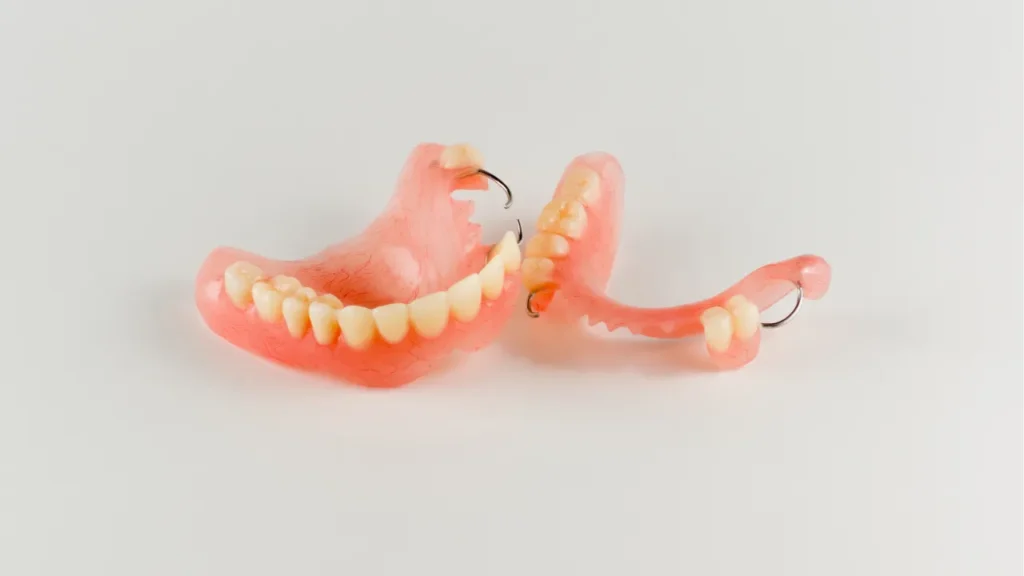
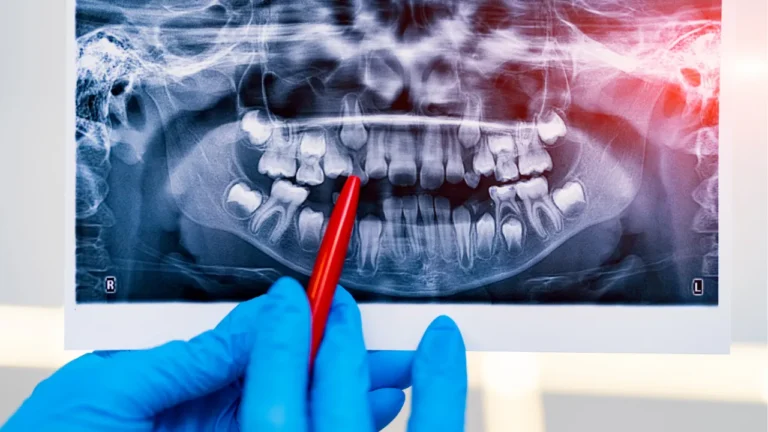
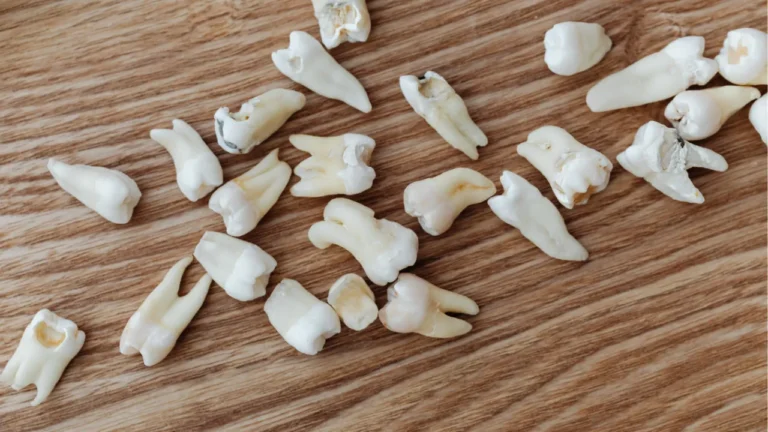
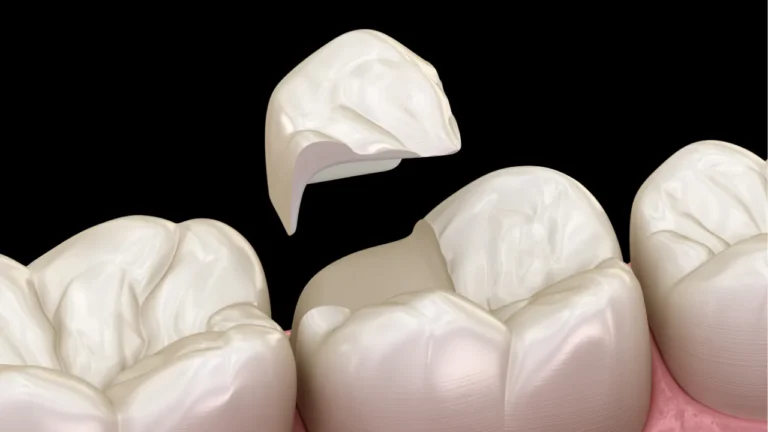
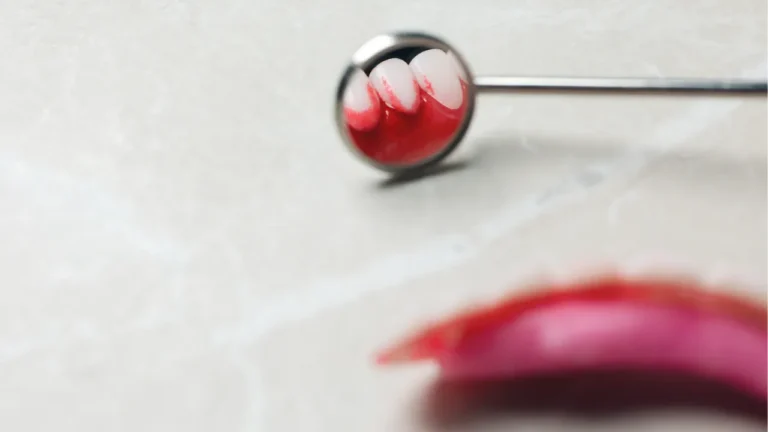
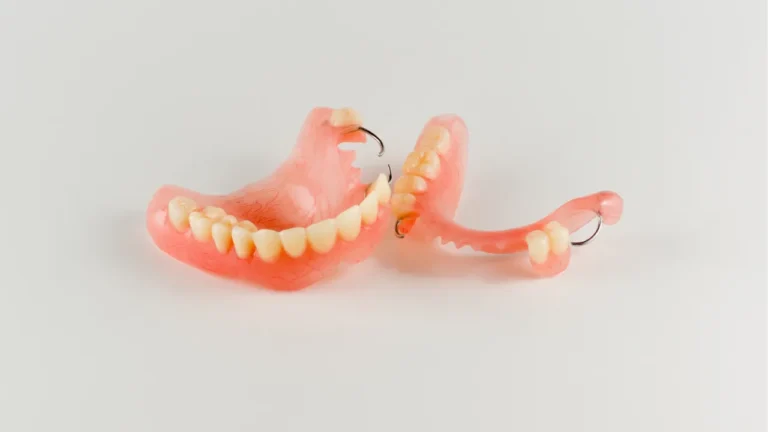
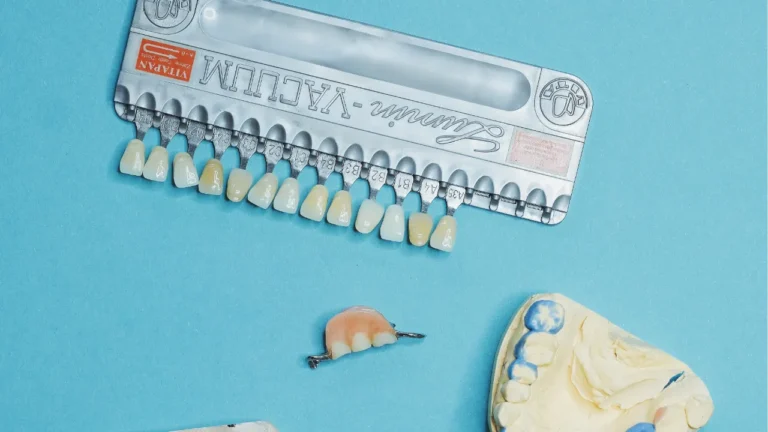
2 thoughts on “Dentures | Full vs Partial – Which Option Is Right for You”
Good Morning
I need a quote for my mom for full detures top & bottom.
She has a few teeth that need to be pulled due to broken damaged teeth.
How much would all that be please
Kind regards
Yolande van Wyk
Helo I need. Q0ute to me I have to gabe my teeth was removed. So. I need to fill. Those teeth how much all those. . Kind regards Bestie Rangwani